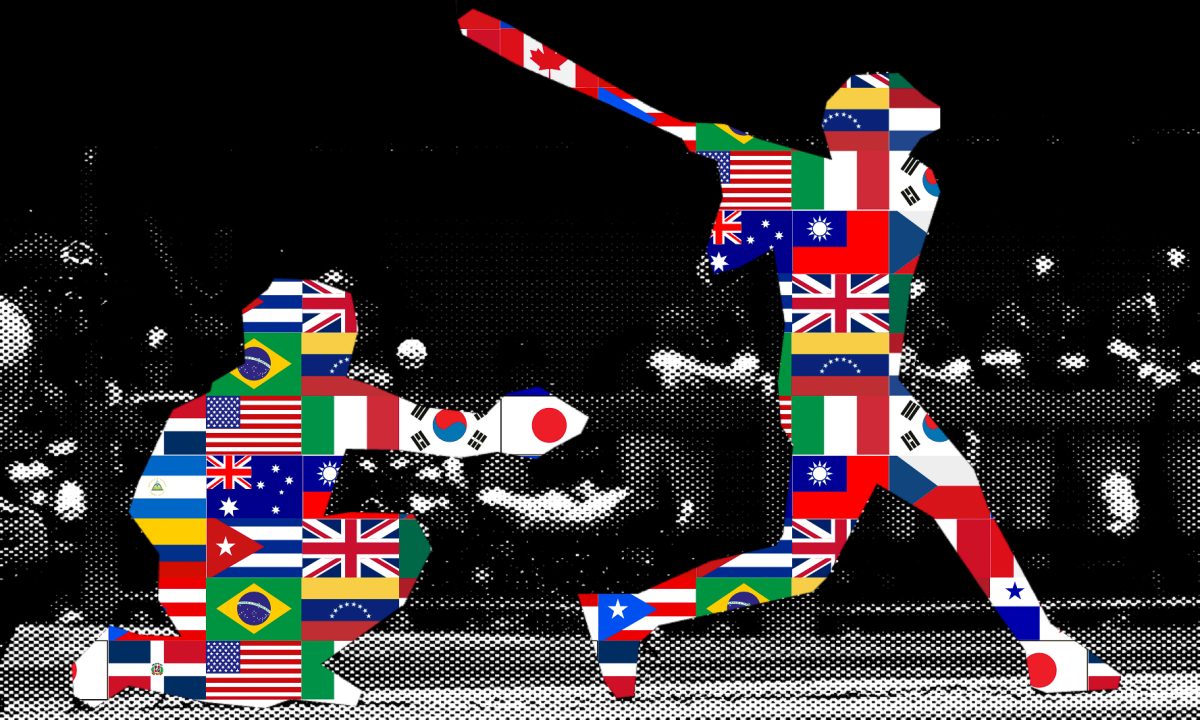On Wednesday, Feb. 18, FIFA, soccer’s global governing body, has agreed to set the 2022 World Cup in Qatar over the winter, breaking a near century-old tradition of having it over the summer months of June through July.
The decision to have the World Cup in Qatar has stirred much controversy, but finally deciding setting the world’s biggest tournament in the winter has some drastic effects that involve players, coaches, the leagues, and, most importantly, money.
But let’s look everything up to this very verdict that FIFA has so wisely bestowed upon the globe.
The federation chose Russia and Qatar as the next hosts of the next two World Cups, respectively, in late 2010. They were picked over highly eligible countries like soccer’s birthplace in England, and one of the most highly attended tournaments in the United States. Outrage and outcry spanned the entire world. How can FIFA give a tournament to Qatar, a country with smoldering summer temperatures and little soccer tradition? Where cities, let alone stadiums, are yet to be built. The draw eventually lead to an misrepresented investigation, corruption charges, and federation protest.
Debate heated up over the sweltering summer heat in the Middle Eastern country, with temperatures reaching over 100 degrees Fahrenheit. This raised questions on players’ health and stadiums. Should the stadiums establish indoor air conditioning, leading to brutal environmental defects? If these stadiums were built like they were for South Africa, will they ever be used again? The 2014 World Cup in Brazil experienced an average 80-degree F weather, and this forced the games to have water breaks periodically, so how will we accommodate to possible triple digit temperatures?
FIFA and its continental governing denominations have debated about this predicament for over four years, and the federation has decided to set the tournament between November and December 2022.
So what effects will this have on the aforementioned reasons?
Having a winter World Cup will disrupt domestic leagues worldwide, with FIFA’s biggest moneymaking leagues in Europe will be forced to adjust their schedules around the tournament. There are currently international tournaments running through the winter time, though, with the African Cup of Nations and the AFC Asian Cup. Clubs allow players to go to their respective international squads and participate in the tournaments while domestic leagues continue on with their season.
Let’s put it this way. What if the NFL decided to move the Pro Bowl from the beginning of the year, to mid-October? Would teams oblige to part ways with their star players for a weekend while regular season games resume as is? Or what if the MLB shifted their schedules around to have the regular season through the winter and the World Series play over the summer, forcing players to possibly play in frigid conditions. Making the World Cup a winter one isn’t just screwing up traditions, it’s messing up the flow of the seasons in major leagues around the World. Having the World Cup in the off-season at least gives the players some time to rest and have fun, rather than end a tournament and kick the players right back into their season.
But unlike the AFC or AFCON where at most 3 or 4 players from a team is picked out, the World Cup will ask for more players. For coaches, that’s not something they’d really opt for. With the World Cup showcasing the best talents from across the world, the international teams will call up the club’s best players. It would be like the Major League Soccer season, running from March to October. During the World Cup, games continued throughout the tournament, but vital players were missing for the games, like the Los Angeles Galaxy with Landon Donovan a couple of years back. So why would club teams risk their best players and do without them for a month?
A month off from the regular season would also take a toll on the player’s wages. There’s no real compensation from the World Cup. The players get paid, but not as much as they would if they were still playing for their respective clubs. Their wages will also depend on how far their international side go in the tournament.
A winter World Cup will just cause more problems than actually improve it. It just seems that FIFA’s decision was made to cover up their mistake in even choosing Qatar to host the tournament. Instead of actually considering their fans and even their players, the federation has selfishly decided on possibly ruining one of the world’s greatest tournaments.











